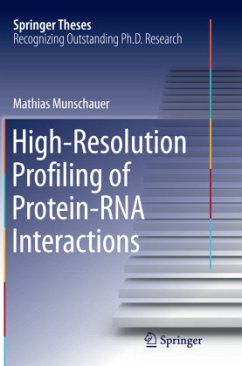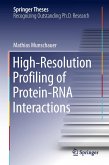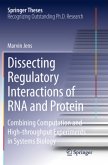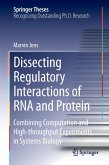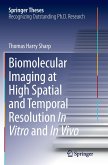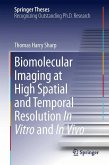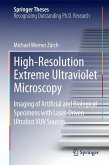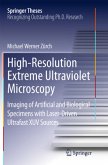The work reported in this book represents an excellent example of how creative experimentation and technology development, complemented by computational data analysis, can yield important insights that further our understanding of biological entities from a systems perspective. The book describes how the study of a single RNA-binding protein and its interaction sites led to the development of the novel 'protein occupancy profiling' technology that for the first time captured the mRNA sequence space contacted by the ensemble of expressed RNA binders. Application of protein occupancy profiling to eukaryotic cells revealed that extensive sequence stretches in 3' UTRs can be contacted by RBPs and that evolutionary conservation as well as negative selection act on protein-RNA contact sites, suggesting functional importance. Comparative analysis of the RBP-bound sequence space has the potential to unravel putative cis-acting RNA elements without a priori knowledge of the bound regulators. Here, Dr. Munschauer provides a comprehensive introduction to the field of post-transcriptional gene regulation, examines state-of-the-art technologies, and combines the conclusions from several journal articles into a coherent and logical story from the frontiers of systems-biology inspired life science. This thesis, submitted to the Department of Biology, Chemistry and Pharmacy at Freie Universität Berlin, was selected as outstanding work by the Berlin Institute for Medical Systems Biology at the Max-Delbrueck Center for Molecular Medicine, Germany.
Bitte wählen Sie Ihr Anliegen aus.
Rechnungen
Retourenschein anfordern
Bestellstatus
Storno

